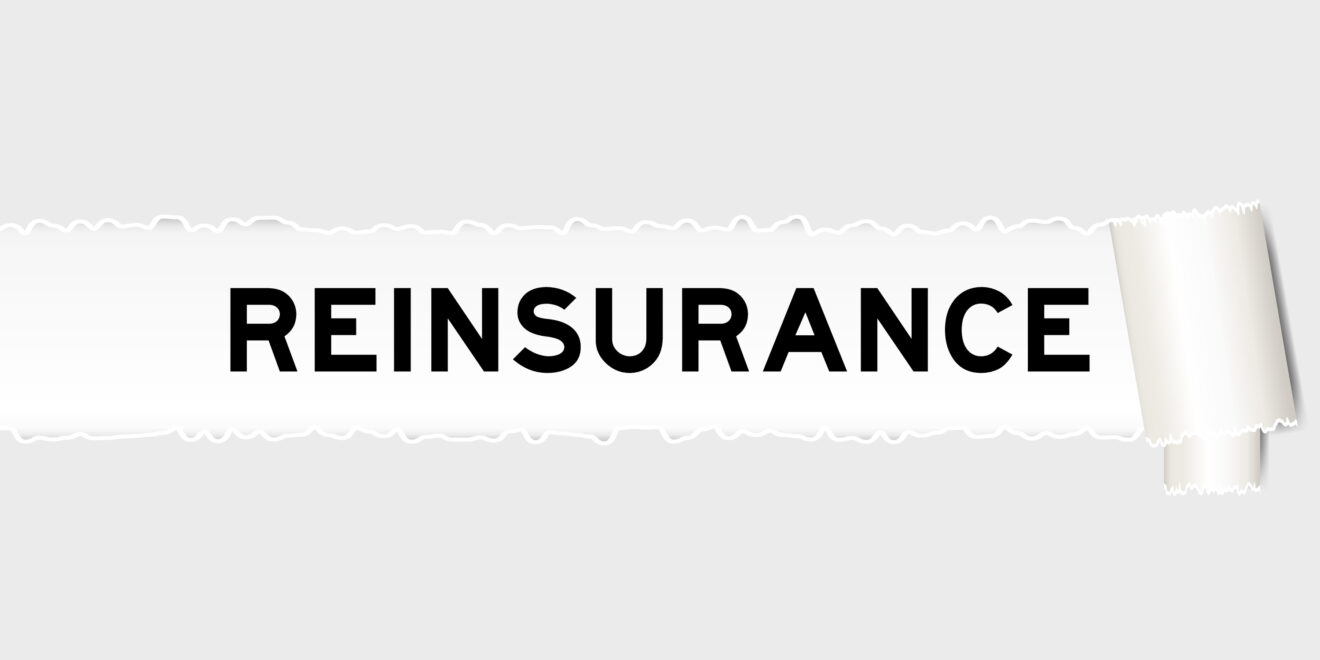
The Cayman Islands has become an attractive jurisdiction for family offices.
These private advisor and investment groups that build and protect the wealth of ultra-high-net-worth-individuals and their families are a fast-growing segment of the wealth management industry.
Family offices tend to be created when a family’s wealth reaches $50 to $100 million and a certain complexity so that assets are best managed within an institutional framework.
They take over a broad range of services that go beyond the typical wealth management offered by banks or investment firms and provide families with centralised control, structure and a strategy in managing their wealth combined with transparent asset reporting.
A step change for Cayman
Wealthy families have always used the Cayman Islands for wealth structuring, investments, asset protection, estate planning and philanthropic purposes. What has changed in recent years is that they have, in large numbers, decided to reside in the islands and base their family offices there.
Carrie Harding, Managing Director of Panthera International and a Director of the Cayman Islands Family Office Association, is noting a significant change in activity on the ground.
“Historically, families from other jurisdictions used Cayman to structure their assets and investments. The step change we’re seeing is that people are moving and spending time here,” she says.
“Families are choosing the islands as a safe place, that’s well connected, with a high calibre of local professionals and a variety of things going on,” Harding says, citing regular conferences and a cultural calendar of art exhibitions, concerts and food festivals like the Cayman Cookout that not only attract visitors to the islands but also contribute to the quality of life for residents.
“Grand Cayman is a small island that successfully competes on the world stage,” she adds.
Cayman established a reputation as a safe haven during the coronavirus pandemic, when the islands remained COVID- and mask-free for much of the time. This attracted more than 200 remote workers and their families under a digital nomad programme.
The programme only required participants to be employed off island, have proof of health insurance and earn in the six figures annually to live and work from Cayman. For a small processing fee participants were able to take advantage of the islands as a Caribbean sanctuary during this difficult time.
Residency by investment
Many more chose, and continue to opt for, the long-established residency-by-investment programmes that allow wealthy individuals and their families to reside in Cayman indefinitely by investing in real estate or businesses.
Under the programme, a minimum investment of US$2.44 million in developed real estate not only grants permanent residency but allows both the holder and spouse to work. Ultimately, it can provide the entire family with a pathway to Caymanian and British citizenship.
For some the programmes offer a new home, for others it is a Plan B, to be activated should circumstances require it. The latter group invests in property, establishes bank accounts and make the necessary applications to be able to make the move and reside more permanently in the Islands at a later stage.
Another option, sometimes used to set up or transfer family offies, is the residency certificate by way of a substantial business presence. It allows the holder to work within an approved category of business in a senior management capacity and the family to reside in Cayman. It can be applied to existing businesses or combined with the incorporation of an exempted company that has the applicant as the sole shareholder and director.
Cayman’s residency-by-investment offering is bolstered by the islands’ lifestyle benefits which include, in addition to high-quality real estate, first class infrastructure, excellent healthcare and schools. Not to mention Cayman’s natural beauty and favourable climate.
Demand from the Americas and beyond
Cayman’s proximity to North America and its reputation for financial structuring are key advantages when attracting family offices.
“The fact we’re only an hour and a half from Miami and four hours from New York means that Cayman is very accessible,” says Harding.
She notes wealth coming in from Canada and also significant interest from South America, as well as from other jurisdictions in the Caribbean and Atlantic region that have made changes to their regulatory and tax regime.
Proximity to the Caribbean and the Americas makes Cayman a favourable choice for those jurisdictions, but it is not a limiting factor as there are also high-net-worth individuals coming from the UK, Europe, and other parts of the world.
Cayman’s structuring advantage
Many of the skills and services required by high-net-worth families and their advisors are present in Cayman due to its role as the world’s second largest fund domicile after the United States with more than 30,000 hedge, private equity and venture capital funds. Moreover, the Cayman Islands is a leading centre for structured finance and debt issuances, as well as trusts, banking and private wealth management.
As a result, the local pool of accounting firms, law firms, trust companies, corporate services providers, investment advisors, asset managers and international banks is very deep.
The strong focus on modern, continuously updated financial services legislation provides family offices with flexible structuring options such as trusts or foundation companies.
These offer a range of succession, wealth planning and philanthropic solutions for individuals and families.
“Something we have particular expertise with here [in the Cayman Islands], is the structuring piece,” says Harding, who founded and manages Panthera International, ‘a single-family office for multiple families’, with offices in the UK, Singapore, and Cayman.
“We can assist with the incorporation; we can provide the registered office, local directors and substance. A lot of our families, even if they’re not based here, still require Cayman Islands structures.”
Cayman trusts are based on English law, but certain variations have made them more flexible. Cayman’s STAR trust differs from ordinary trusts as it can be used for “non-charitable purposes” rather than purely for beneficiaries. This opens up a variety of applications. For instance, a STAR (special trust alternative regime) trust can be employed to own and operate a business, to hold assets or for estate planning.
Foundation companies, as an alternative, combine elements of both trusts and companies. A foundation company is not required to have members or shareholders and they allow for distributions to beneficiaries or others, and have become a popular structure for succession planning, wealth management and philanthropic purposes.
Different types of Cayman law trusts and foundation companies are often used in combination with exempted companies that serve as holding companies for international wealth.
Cayman’s tax neutrality, with no income, payroll, inheritance or capital gains taxes, and strong legal and governance frameworks have made it a long-established provider of solutions to problems created by cross-border business and investment transactions.
Because these are very similar to the issues faced by global families in managing their wealth, Cayman has become a trusted regime, under British common law, that is tried and tested.
On 12-13 October 2024, Prestel and Partner is hosting its exclusive Family Office Forum at the Ritz-Carlton in the Cayman Islands. The weekend retreat for principals, family members and private single family office decision makers will offer insights into organising and investing wealth, as well as family governance.


